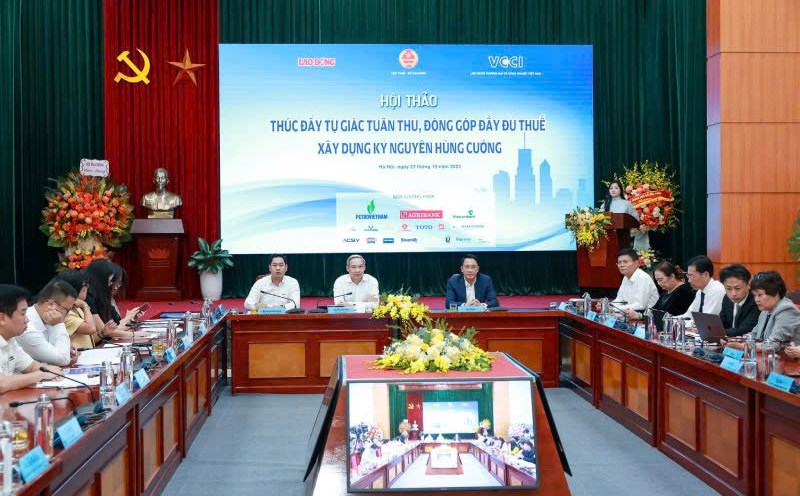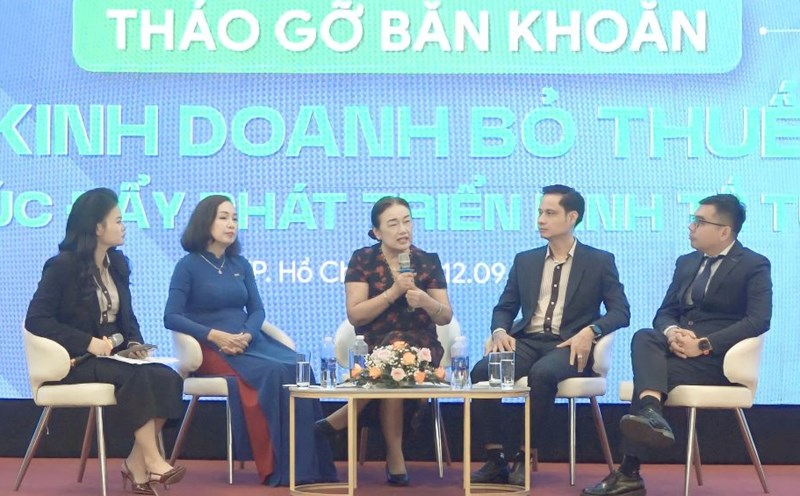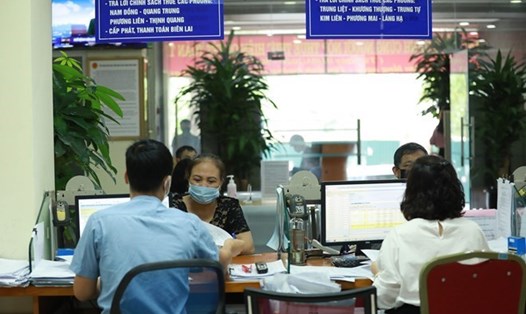These figures show that management capacity is approaching international standards, but amid the smoothness of data, there is still a lack of attitude. Data from the Tax Department and VCCI also shows that in 2024, the tax authority conducted more than 62,900 inspections, with a total amount of handling recommendations reaching VND 62,726 billion, including hundreds of cases related to invoice fraud. Many business households have made false statements just because they "did not fully understand the process"; 17.6% reported complicated procedures, more than half have not received specific instructions.
Technology can digitize processes, but cannot digitize awareness. Tax authorities have shifted from management to assisting, from inspecting to supporting, but in many places, taxpayers still consider tax authorities as places that must respect. As for tax officials, sometimes, they still have a more "supervisory" role than "serving". At the intersection between mechanisms and people, administrative culture and citizen ethics meet and trust is shaped not by slogan but by behavior.
Behind compliance is honesty in declaration, respect for the law and belief that paying taxes is contributing to maintaining social order. Tax debt, after all, is not just a financial act, but a manifestation of self-respect for citizens - where people voluntarily do the right thing, even without anyone supervising.
The International Monetary Fund (IMF) said that Vietnam's tax rate on GDP will currently reach only 13.1% in 2024, lower than the 15-16% recommended by the IMF to ensure sustainable fiscal capacity. This gap is not only a budget issue, but a measure of the level of citizen participation in the public system. When resources are limited, it will be difficult for the State to invest enough in infrastructure, education and social security, the foundations of long-term growth.
International experience also shows that countries with a tax rate exceeding the threshold of 15-16% often grow stronger and more sustainably, because their people understand that paying taxes is investing in their own future.
In Japan, paying taxes is considered an act of participating in public life - a right associated with self-respect.In Korea, honest enterprises are honored to be public and receive quick tax refunds; while in Australia, tax authorities apply compliance relationship management, focusing on supporting groups of goodwill and monitoring high-risk groups.Vietnam is approaching that model, with interdisciplinary API systems, CRM scoring risks, measuring taxpayer satisfaction.Those efforts are directed towards a new governance philosophy: Data-based management, maintained with social trust.
But trust cannot be programmed.
A truly strong country is only when each obligation is carried out voluntarily and self-respectfully. When people are aware that contributing is an honor, businesses take compliance as honor and state officials fulfill their duties, paying taxes is no longer a worry or burden. A sustainable financial system is only built on trust and confidence - that is the measure of sustainable development of the country.











